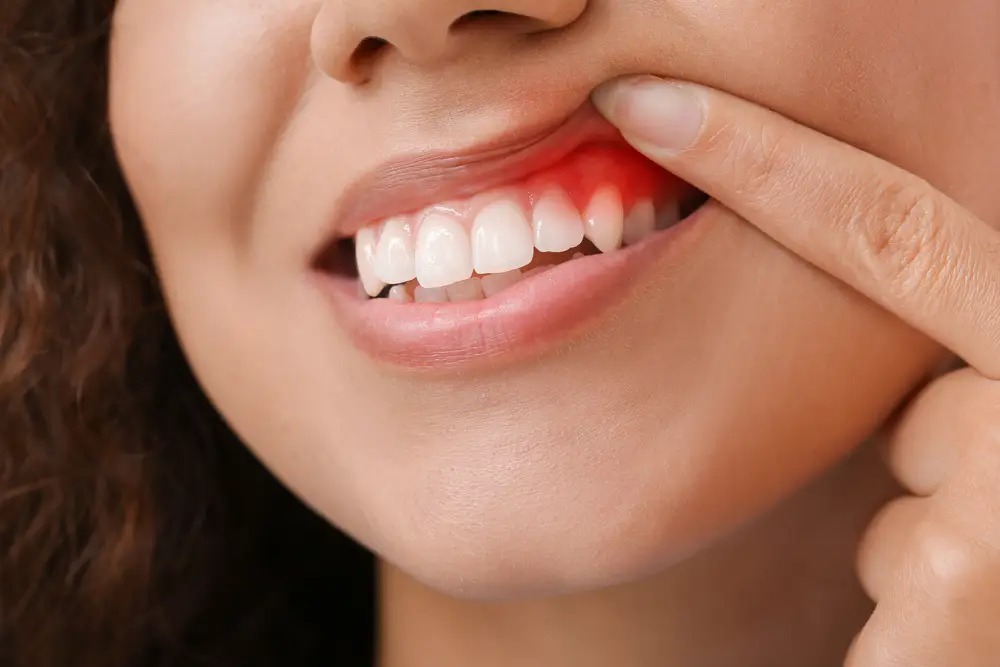Laser skin resurfacing, more commonly known as laser skin rejuvenation, laser resurfacing, or a laser-tumescent liposculpture, can significantly reduce facial lines, wrinkles, and acne blemishes. Newer laser technology allows your cosmetic surgeon to offer a much tighter grip in laser resurfacing, allowing greater precision, particularly in delicate areas. These procedures are done over a short period of time, usually between six to eight weeks. If the procedure is done correctly, you will notice improvements immediately.
How long after a procedure like Botox in Dubai and laser resurfacing acne may occur depends on many factors, including how well the treated area responds to the treatment and how severe your condition is. A small, infrequently-treated scar may not be visible at all, while a more extensive scar or acne could take several months or years to resolve. A properly performed laser resurfacing treatment can eliminate acne scars completely.
The recovery from this procedure is fairly routine. You should expect to have at least a few weeks of downtime, which can be put off until your doctor gives you the all-clear from your laser treatment provider. Some patients choose to use makeup during this time, but it’s wise to avoid applying too much, as the skin will be very sensitive during this time. Also, sunscreen may be applied to keep the treated area from further damage.
Laser resurfacing is done with the use of lasers, and the lasers used are specially trained in this treatment. The targeted laser energy melts the targeted damaged area, and as the heat seeps into the upper layers of the skin, the natural collagen in the outer layers of the skin is stimulated and converted into collagen and elastin, restoring the smoothness and elasticity of the skin. The results from the procedure are impressive.
In order to increase the effectiveness of the procedure, a medical treatment may be necessary as well. Some medical conditions may interfere with laser resurfacing or affect the recovery process. If you have diabetes, are undergoing heart or lung surgery, are pregnant, or have had cancer treatments prior to having the procedure, you may not be a good candidate. Additionally, patients that have osteoporosis, severe burns, rashes, skin infections, enlarged pores, enlarged veins, or other skin complications may need to stay out of the sun or take prescription drugs to avoid blistering and scarring.
In addition to the decreased redness experienced by patients, most find that their appearance is improved and there is less swelling. Some patients even report that their scars become less noticeable after the procedure.

